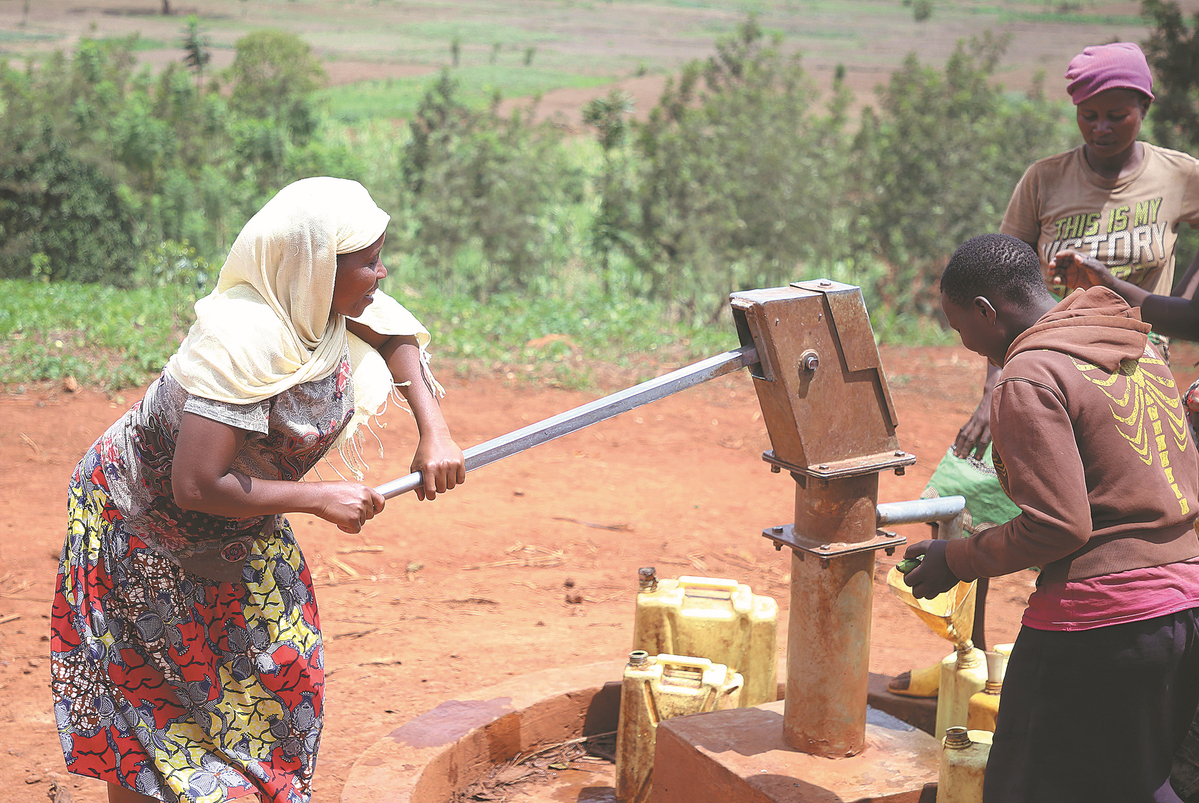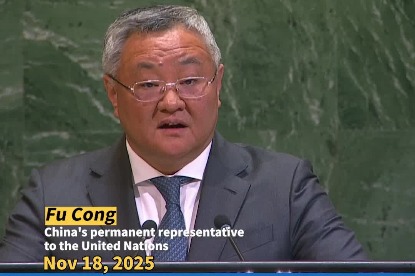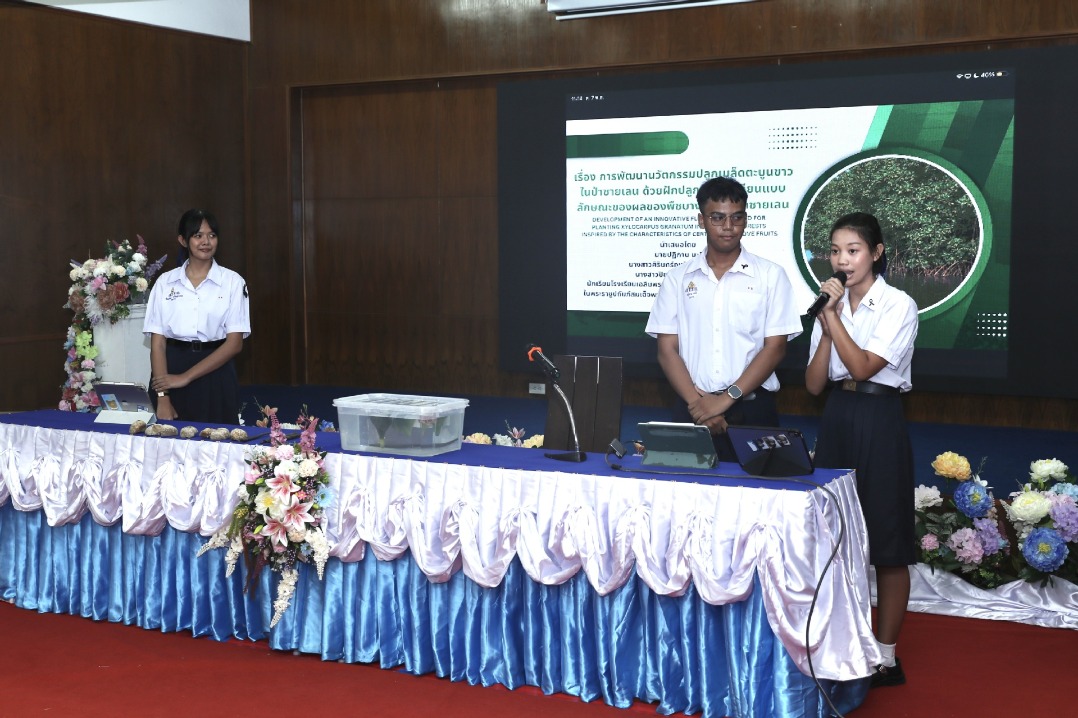Small ventures big on hope across Africa


Infrastructure megaprojects aren't the only way to fill gaps, experts say
A shift toward "small and beautiful" projects under the China-proposed Belt and Road Initiative has been welcomed by African experts who say it will help the continent develop infrastructure in remote areas that have long been neglected.
The greater attention on smaller projects comes as China promotes the benefits of China-Africa public-private partnerships, centered on models such as build-operate-transfer and build-own-operate-transfer. In this way, more infrastructure can be built without increasing public debt.
According to the African Development Bank, Africa has an infrastructure-financing gap running at about $100 billion a year, and experts say countries will have to attract private financing to complement public resources for the gap to be bridged.
As opposed to megaprojects, smaller ventures are less risky and easier to finance and manage.
Gitahi Ngunyi, a communications consultant and member of the Communist Party of Kenya, said prioritizing small projects will accelerate the pace of industrialization in Africa.
"Africa faces the twin problem of lack of capital and technology for increased production," he said. "The small and beautiful concept plugs the twin problem by providing Africa with capital for rural development and the requisite technical expertise."
Ngunyi said the economies of most African nations are based on agriculture and more infrastructure is required to modernize production.
"In such areas, small infrastructure projects such as small hydro, or small solar power generation plants, or small irrigation dams have the capacity to increase production in small communities and therefore transform the quality of lives of the people," he said.
Silas Totolela, who has a keen interest in China-Africa cooperation and gained a master's degree in curriculum and methodology in China, said infrastructure development in villages will help people in rural areas to access the kind of services that city residents take for granted.
He said electricity shortages in rural areas limit businesses in terms of the services they can provide.
Electricity shortages
The African Development Bank estimates that over 640 million people in Africa have no access to electricity, corresponding to an electricity access rate for African countries at just over 40 percent, the lowest rate in the world.
Totolela said the development of roads and railways in rural Africa would make it easier to transport raw materials to the factories, which are mostly in urban centers.
He added that improved transport networks would also unlock the economic potential of rural areas, including arid and semiarid areas, as well as improve trade and the movement of goods and people.
This is in addition to increasing people's access to power, telecommunications and water.
In recent years, more "small and beautiful" projects that have directly benefited communities in African countries have been completed by Chinese companies investing in the continent.
On Sept 15, work on an eighth well for drinking water was completed by China Railway Resources Group in Kisanfu village in the Democratic Republic of the Congo's Lualaba Province. The wells provide clean drinking water for the 3,000 people who used to travel more than 15 kilometers to fetch water from a river.
In addition, the company will also build more primary schools, health centers, sports facilities and other projects to contribute to the sustainable development of these communities.
In Zambia and DR Congo, Chinese company JCHX Mining Management, which employs more than 4,500 locals in the two countries, has also been engaging in projects to help communities over the past 22 years. The company has donated to schools, provided anti-epidemic materials during the pandemic and helped repair roads.
Zha Daojiong, from Peking University's School of International Studies and Institute of South-South Cooperation and Development, said the "small and beautiful "concept has two dimensions.
First, it focuses on aid projects that can help entrepreneurs running small and medium-sized enterprises to earn income. Second, such projects can also help the participating Chinese companies better manage a range of risks.

































